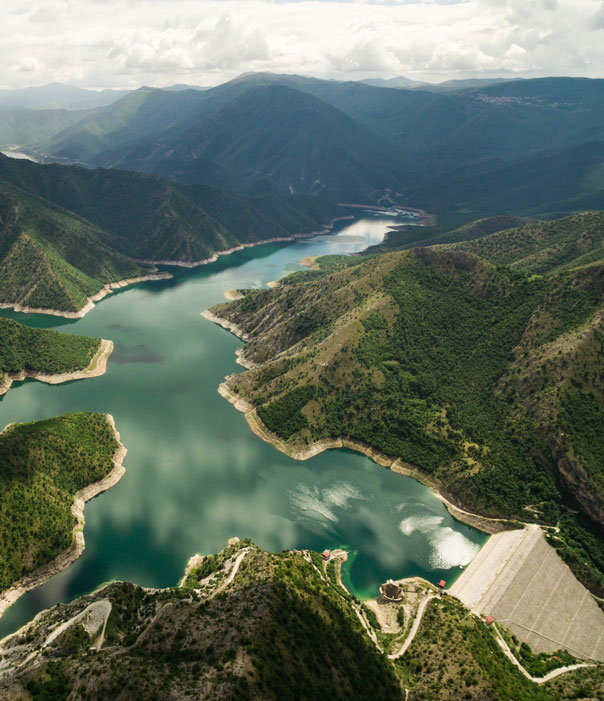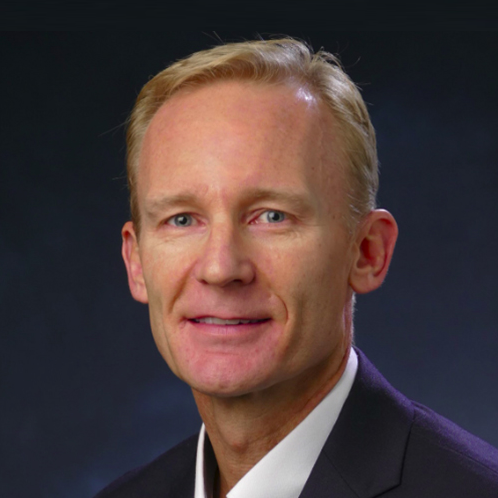Center for the Governance
of Natural Resources
Understanding Why Our Natural Resources are Threatened
Researchers in the Center for the Governance of Natural Resources are motivated by understanding why natural resources systems across the globe are increasingly threatened.
Deforestation, poor water management, and biodiversity loss often occur because most of the world’s natural resources are poorly governed. The Center’s researchers focus on human behavior and the political and institutional systems that shape the environment in Africa and the Americas. Their work has had a powerful influence on practical policy making for sustainable natural resource governance around the world. The Center is associated with both the Environment and Society Program and the Program on International Development.

Please consider a donation to IBS.
Center Highlight
Participants in Center research share an interest in the study of public policies in shaping local decision-making processes, especially in developing-country contexts. Currently funded by grants from the National Science Foundation, The Belmont Forum, and the United States Department of Agriculture, our recent work has examined what is likely to happen to forest conservation behavior after incentive payments dry up (Andersson et al 2018); progressive gender quotas and their effect on climate policy intervention outcomes (Cook et al 2019), and the role of unselfish leadership for the creation of local rules for self-regulation (Andersson et al 2020).

Environment and Society
Researchers in the Environment and Society Program study the relationship between social and natural systems around the world. Climate change vulnerability, resilience to earthquakes, hurricanes, droughts, and floods, and the management of natural resources are critical challenges that the world faces in the 21st century. These challenges span the globe, driving program research in South and Central America, the Caribbean, Eastern and Southern Africa, Asia, and the United States. The work of the program has a broad impact beyond academic circles, influencing policymakers and practitioners, as well as the general public.


International Development
Development is a crucial and extremely broad concept. It encompasses a large variety of goals that are fundamental to human happiness and fulfillment. These goals include not just material prosperity, but also environmental quality, physical safety, cultural preservation, freedom of expression, social equality, women’s rights, and many more. The Program on International Development brings together an interdisciplinary group of scholars—from economics, geography, political science, and women’s and gender studies—who study the challenges to these goals and propose ways to alleviate them. Our key focus is on human well-being in less developed countries, such as the effect of climate change on political conflict in Kenya. But we also research aspects of underdevelopment in high-income societies, such as the impact of migration policy in the US and Europe.
